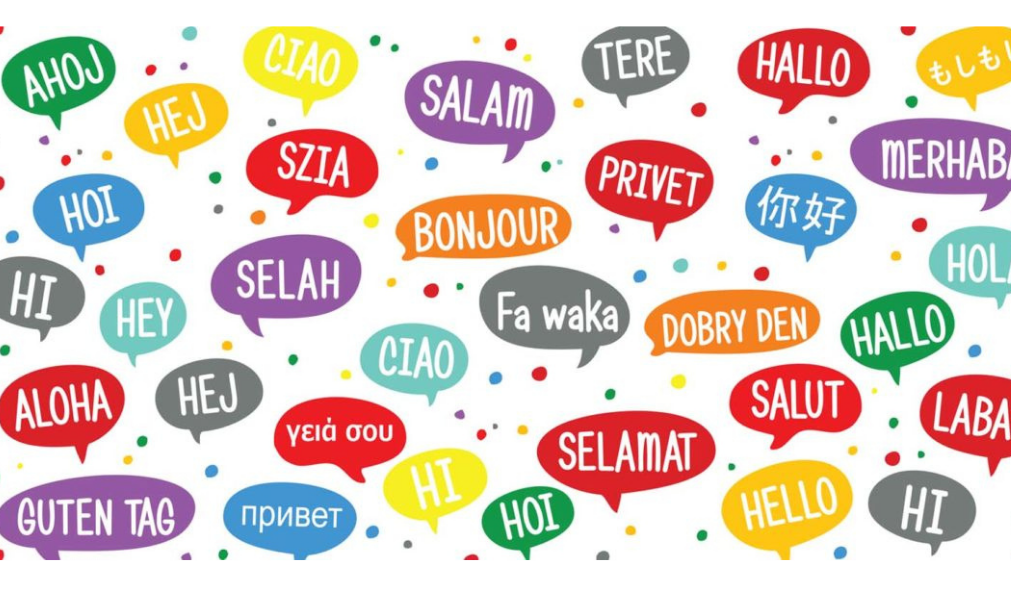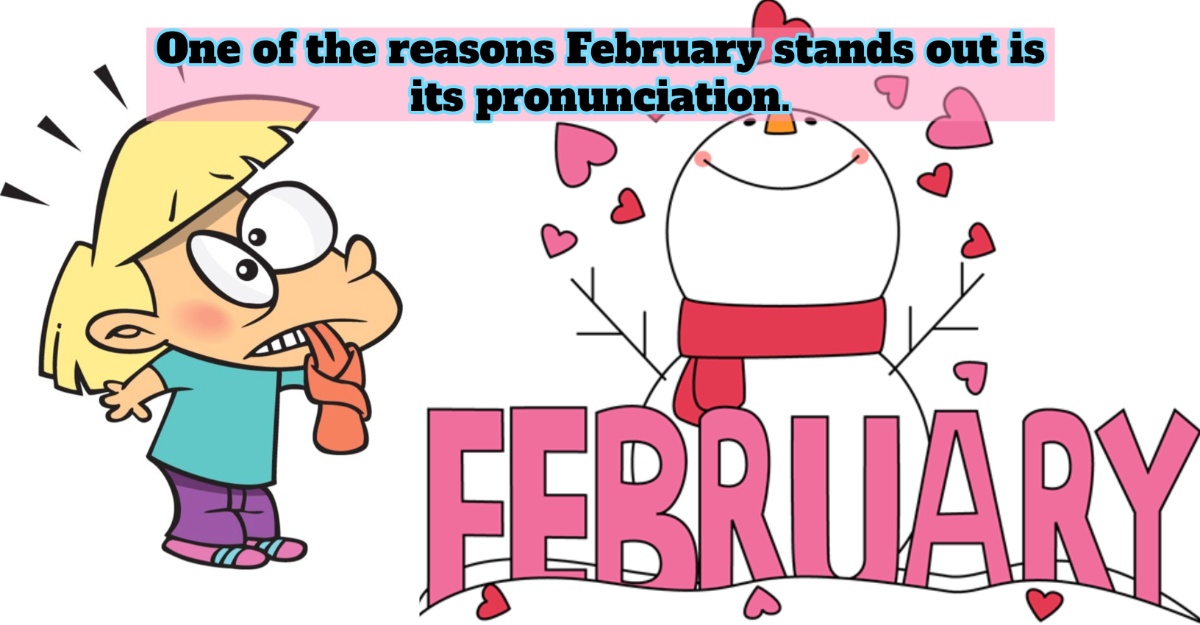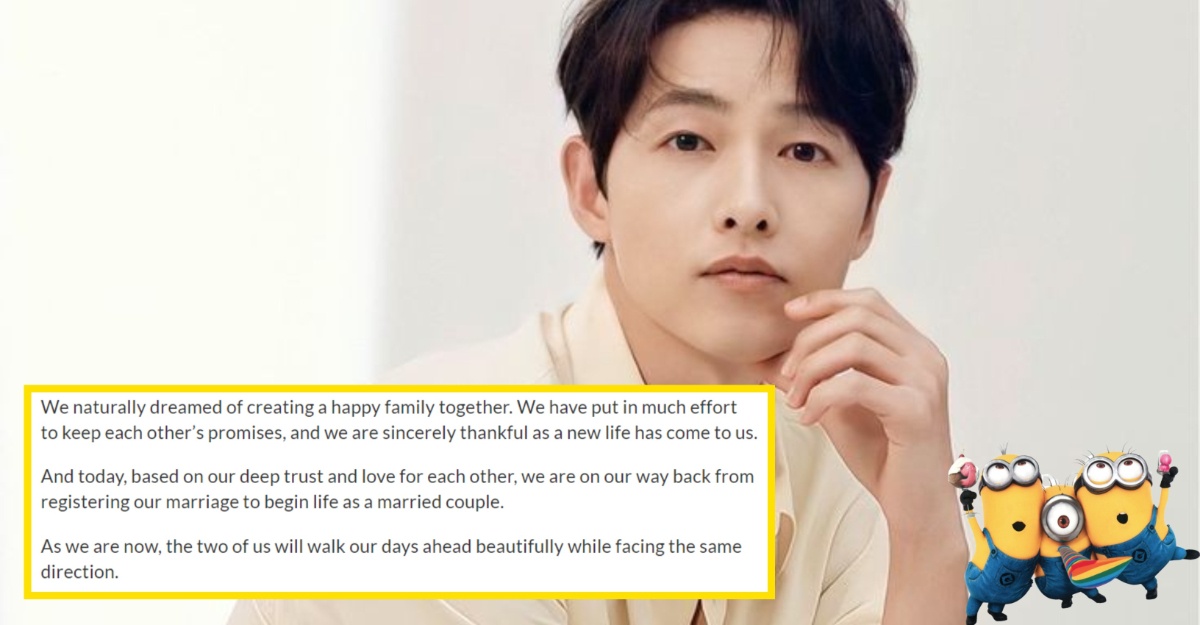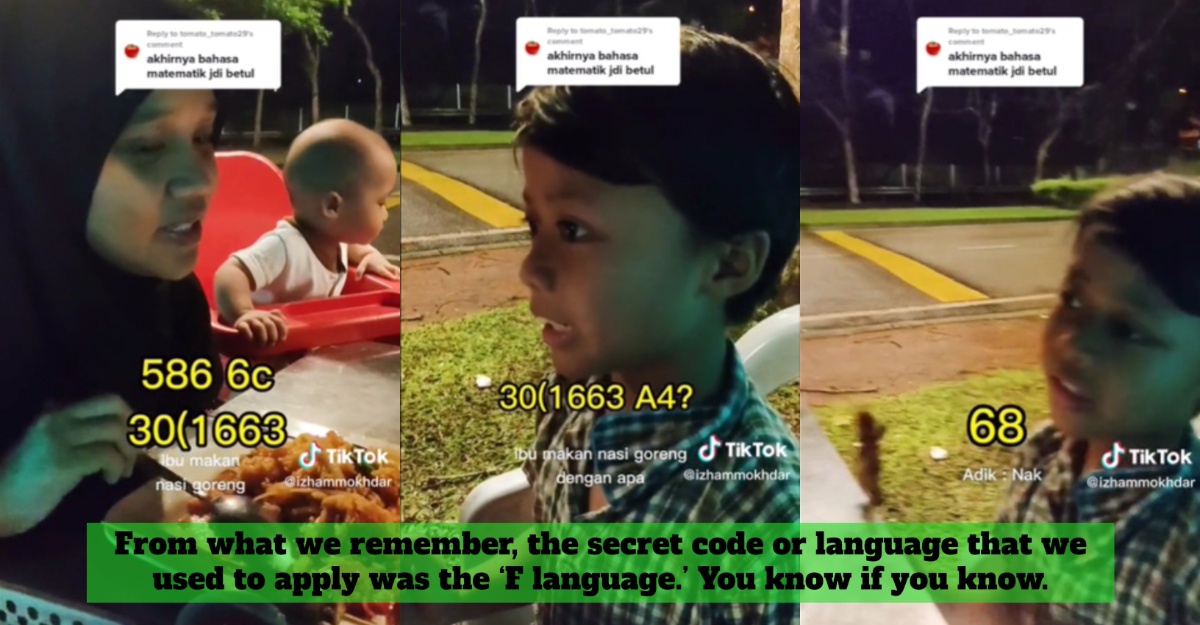It’s almost February! Time sure flies. Wasn’t it yesterday that we celebrated 1st January of 2023?
February is the second month of the year, and despite having fewer days than other months in the calendar, it has its uniqueness. Also, one of the reasons February stands out is its pronunciation.
The English language may seem complicated, especially its structure and grammar rules. However, other languages are complex, too, like Bahasa Melayu, Mandarin and Tamil. Every language has its positives and negatives. It’s the nature of the language itself. Since language is a medium for communication, it’s bound to have its perks and downsides.
Let’s go back to the main concern here. So, let us ask you, how do you pronounce February?
You can pronounce February as follows
FEB-ROO-WERE-E
According to Randall D. Ponder, a Communication Professional for Businesses and Individuals, the first way to pronounce the second month of the year is the rarest. It might be the hardest way to pronounce it. Why? The -roo- after -feb- tends to be a bit of a tongue twister!
But did you know? This is the correct and oldest way of pronouncing February.
FEB-U-WERE-E
Next, it’s a more common way of pronouncing the second month. If we look at it phonetically, it’s easier to pronounce this than the first way.
It’s acceptable to pronounce it as FEB-U-WERE-E (dropping the r sound) because it’s difficult. As communication evolves, ways of speaking are also catered to and adapted to society. Thus, it’s not wrong to pronounce it this way.
Try avoiding these pronunciations
FEB-U-AIR-E
A combination of the first three
In the language world, these two ways aren’t favoured.
Why it’s difficult to pronounce February?
February has two identical or closely related sounds, -bru- and -ary-. It’s easy to mix these two sounds when pronouncing, and it might not make sense.
Therefore, pronouncing FEB-U-WERE-E is easier than FEB-ROO-WERE-E because dissimilation occurs. Side note: dissimilation is when a sound differs from the neighbouring sound. In this case, the -roo- sound is often neglected.
That’s why many people prefer pronouncing FEB-U-WERE-E over FEB-ROO-WERE-E. It’s ten times easier!
Language should be perceived with openness
Often, there are many cases in Malaysia where people discredit a person’s pronunciation just because it’s incorrect to them.
Language is diverse and has no fixed rules (except for the grammar part). Different people pronounce a word differently. We can’t impose or generalise the way we pronounce a word on them. But, we can teach them the preferred way.

As we stated before, no language is easy. Each one ranges differently in difficulty and precision.
Hence, we should be more open-minded about it. Even if we pronounce a word differently from other people, if it’s understandable, it’s okay. Don’t be discouraged!
Source: Randall D. Ponder (Linkedin)








